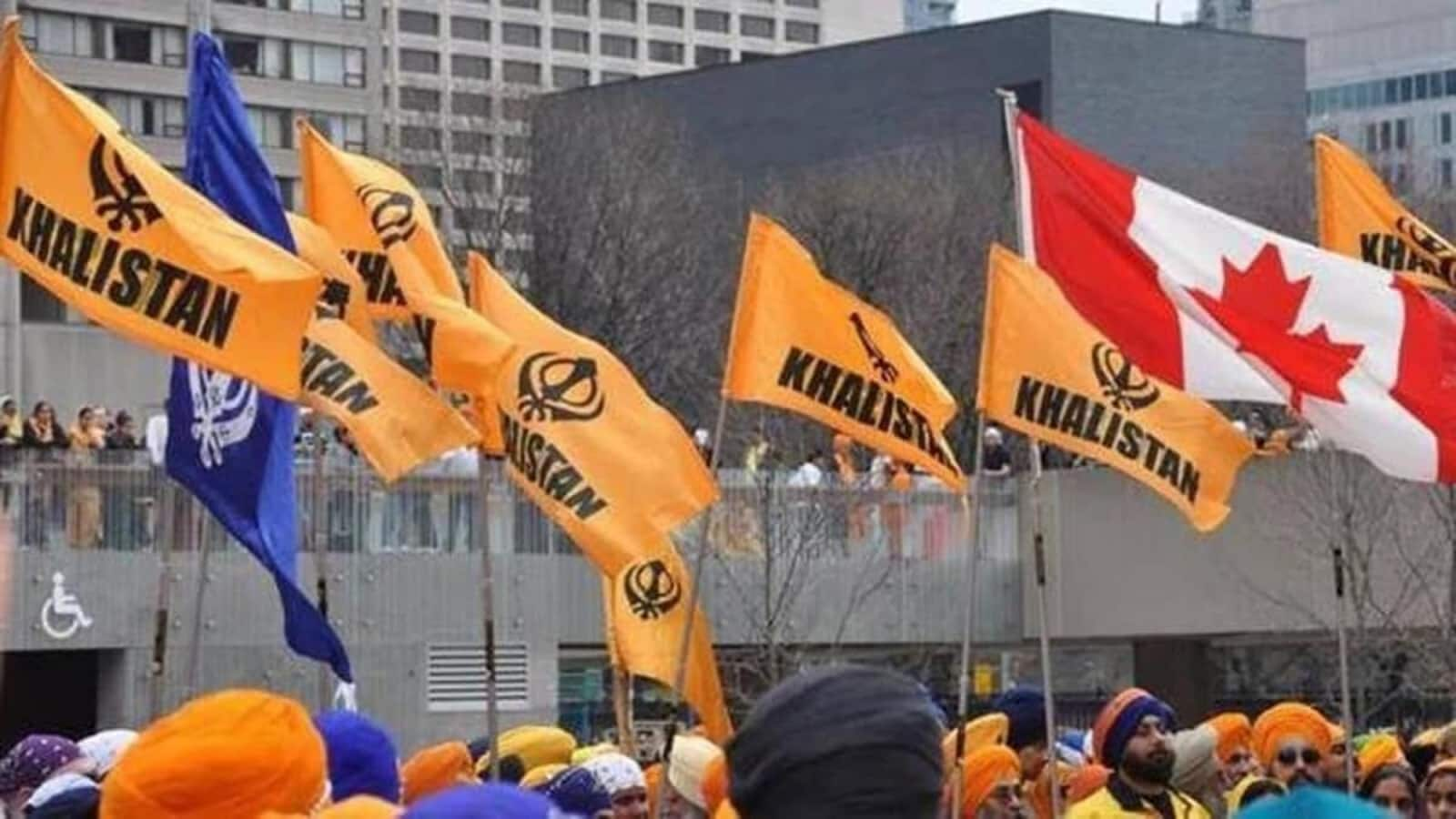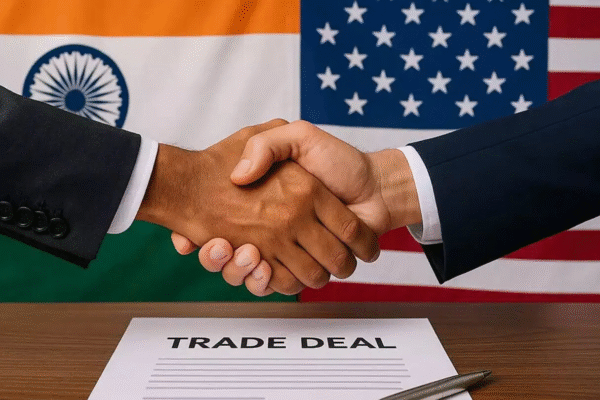

Prabha Gupta, September 6,2025
Canada Admits Funding of Khalistani Terror Groups
For decades, India has voiced serious concerns about anti-India activities on Canadian soil. These warnings, however, often met with official silence. Diplomatic relations soured as a result. Now, a new development has changed everything. The truth is finally out. A report from Canada’s Department of Finance has officially acknowledged that Khalistani terror groups operate in the country and receive financial support. This is a massive validation of India’s long-held position.
The report, titled “2025 Assessment of Money Laundering and Terrorist Financing Risks in Canada,” is a landmark document. It directly classifies these groups as “politically motivated violent extremists.” This designation is crucial. It places them in the same category as other listed terror entities. Hamas and Hezbollah are also on that list. The report clearly states that these groups “encourage the use of violence to pursue political objectives or self-determination.” You can read the official report here to learn more.
The Genesis of a Separatist Dream
The Khalistan movement’s roots go deep, tracing back to the 1970s. Sikh groups began demanding a separate state, a homeland carved out of Punjab. The movement gained momentum, and radical leaders like Jarnail Singh Bhindranwale emerged. They preached a fiery brand of nationalism. Violence escalated in the 1980s, leading to a bloody insurgency.
The Indian Army’s Operation Blue Star in 1984 crushed the movement within India. However, the dream of Khalistan did not die. Instead, its remnants found new life abroad. They thrived in the Sikh diaspora, particularly in countries with large Sikh populations like Canada, the UK, and the US.
These foreign bases became crucial for the movement’s survival, providing a safe haven for its leaders and a source of financial support. As time went on, the movement transformed from a popular political cause into a fringe extremist ideology. While most Sikhs have no interest in a separate state, a small but well-funded group continues to push this agenda. They use historical grievances to stoke anti-India sentiment. They also exploit social media and other digital platforms to spread their propaganda.
The Canadian Connection and its Political Calculus
So why has Canada been so permissive? Analysts point to a complex mix of factors, most notably vote-bank politics. The Sikh diaspora in Canada is a powerful and well-organized political bloc. They wield considerable influence over Canadian politicians. This led to a lenient stance from successive governments, who often prioritized securing these votes. Consequently, Canadian leaders dismissed India’s warnings for years. They often invoked the principle of “freedom of expression.” They argued that holding separatist views is not a crime. This position consistently ignored the difference between peaceful protest and the financing of violent extremism.
Recent events, however, have changed the narrative. For example, Canada’s own intelligence agency, CSIS, has raised red flags. Their reports detailed the threat posed by Khalistani extremists, identifying them as a primary source of “militant activity and terror financing.” The new finance report is a stunning follow-up, providing a detailed breakdown of how these groups operate.
It names specific terror organizations, including Babbar Khalsa International (BKI) and the International Sikh Youth Federation (ISYF). Both are proscribed terror groups in India. The report reveals that these groups raise funds through various means, including charitable organizations and criminal activities like extortion. To learn more about how they raise funds, see this detailed report on the topic.
A Threat to India and the Global Community
The activities of Khalistani terror groups in Canada pose a direct and serious threat to India’s national security. Their ultimate goal is to destabilize the state of Punjab. They use their Canadian base to radicalize youth, organize protests at Indian diplomatic missions, and intimidate Sikhs. Their actions have led to diplomatic spats and a breakdown of trust between India and Canada.
This issue is not just a bilateral one; it has global implications. The free movement of funds for terror activities from one G7 country to another is a serious concern for international security. It sets a dangerous precedent. India has consistently called for a unified global approach to terrorism. It argues that all forms of extremism must be combated. The new Canadian report, by acknowledging the problem, is a step in the right direction. It remains to be seen whether this acknowledgment will lead to concrete action to dismantle these networks. The global community must recognize that allowing a separatist movement a safe haven is a recipe for disaster. The Khalistan issue, while dormant in India, remains a ticking bomb, and Canada, by its own admission, is providing it with the fuel it needs.

NewsHasghag operates a 24/7 news bureau that tracks the real-time, social media-driven stories from India and around the world, keeping you ahead of the day’s key talking points. Our digital-first approach transforms storytelling through the seamless integration of data, interactive charts, video, and audio into every narrative









